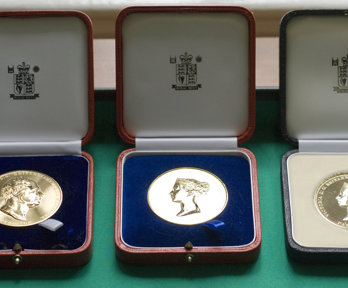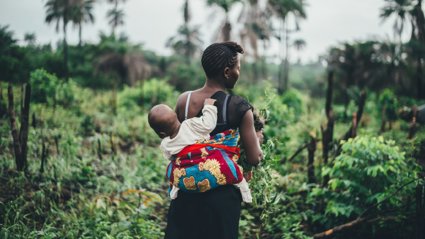
Q&A with Manann Donoghoe
Read our interview with 2024 Area Prize recipient, Manann Donoghoe.
I studied geography to embrace the connective tissue between things, the messy relationships that are difficult, but rewarding, to study.Manann Donoghoe
What did you want to be, or where did you want to work, when you were a teenager?
"I wanted to be an archaeologist. Growing up, I loved Indiana Jones. What a life he had. Travelling the world, meeting intriguing people, and having sprawling adventures. I thought, if that’s what an archaeologist does, I’d like to do that.
"To no small degree, I credit Indiana Jones for sparking my interest in a research career, even if I was following along obliviously in the beginning."
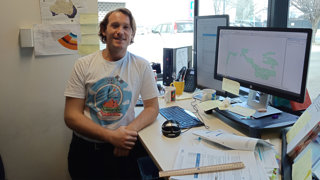
What role do you do now and how would you describe your work?
"I work for the Brookings Institution, the world's oldest and largest think tank. My research is at the intersection of climate and racial justice, and my work traverses climate reparations, resilience, environmental racism and economic development.
"In a think tank, our work is geared toward impact. In addition to leading research, I also talk with policy makers, the media, and convene stakeholders all with the goal of advancing more inclusive, evidence-based, climate policies in the US."
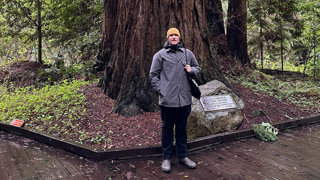
How did you get into this field of work?
"I started as an environmental economist for the Australian government, modelling the impacts of water markets on the agriculture sector. And I was good at it. But it felt worlds away from the actual farmers impacted by the policy changes we modelled.
"I moved toward human geography to get closer to the people of it all. While economics is often reductive, stripping complexity away, I studied geography to embrace the connective tissue between things, the messy relationships that are difficult, but rewarding, to study."
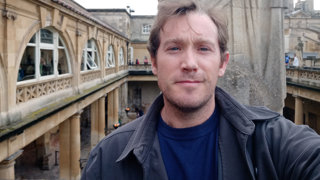
What projects are you working on right now?
"I’m developing a climate resilience index for US communities of colour. Most studies of climate impacts on US households do one of two things – they erase racial differences through aggregation, limiting what we can see, or they compare Black and White households, reproducing a deficit lens that depicts these communities as uniquely vulnerable.
"What I’m doing is taking an asset-based approach, comparing climate resilience across communities of colour to find those that stand out for their success. The goal is to influence policy narratives to value these communities as drivers of climate action, and develop scalable policy insights based on local successes."
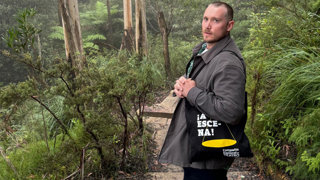
What three words would you use to describe your life and work?
"Dogged. Resourceful. Collaborative."
Stay informed
We regularly host exhibitions as well as in-person and online events, including our Monday night lectures (members only) and regional events.
Would you like to stay up to date about our upcoming events and news? Log in, or create an account, and sign up for our newsletter.

